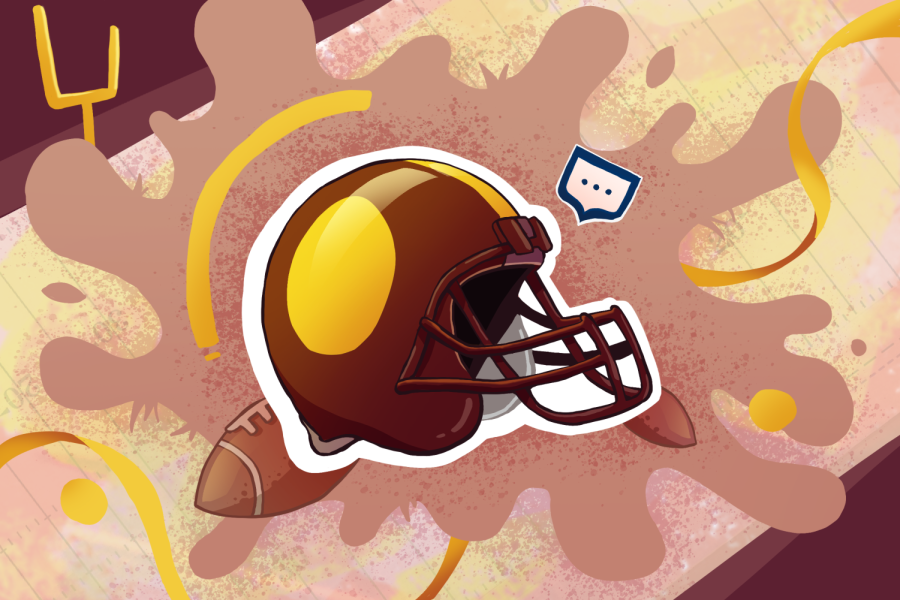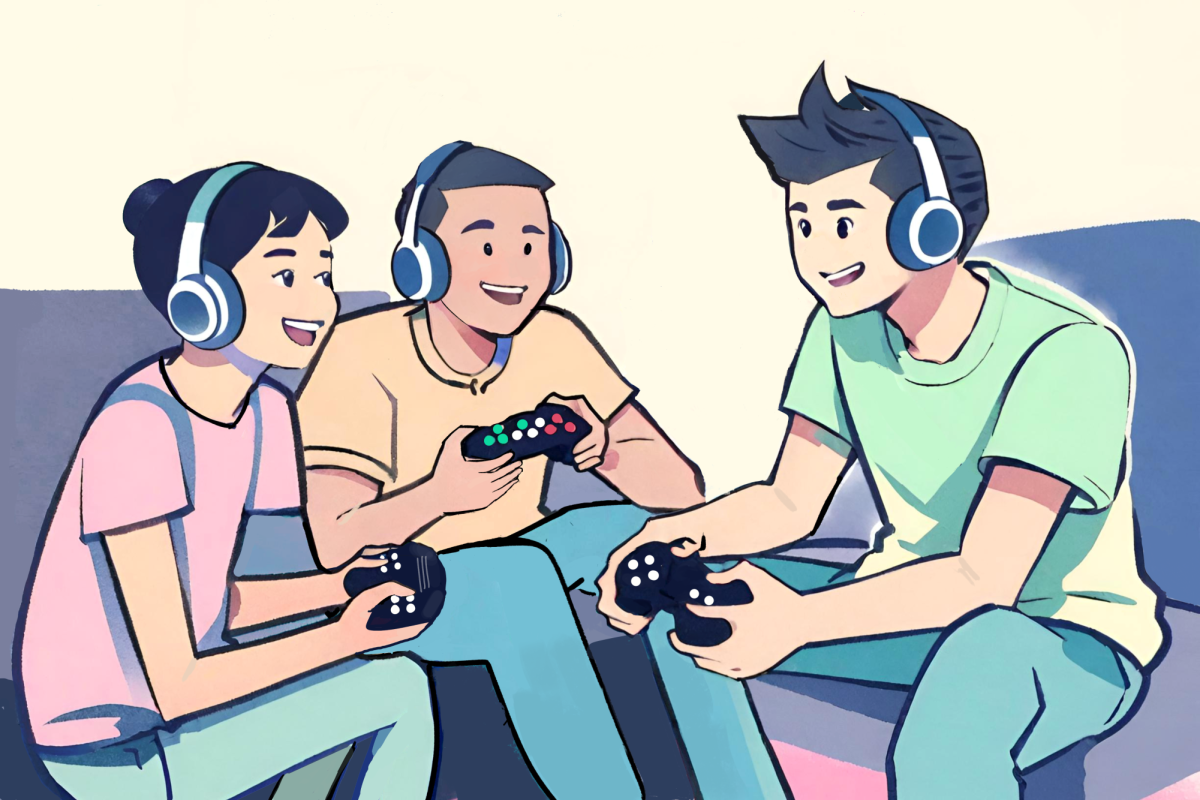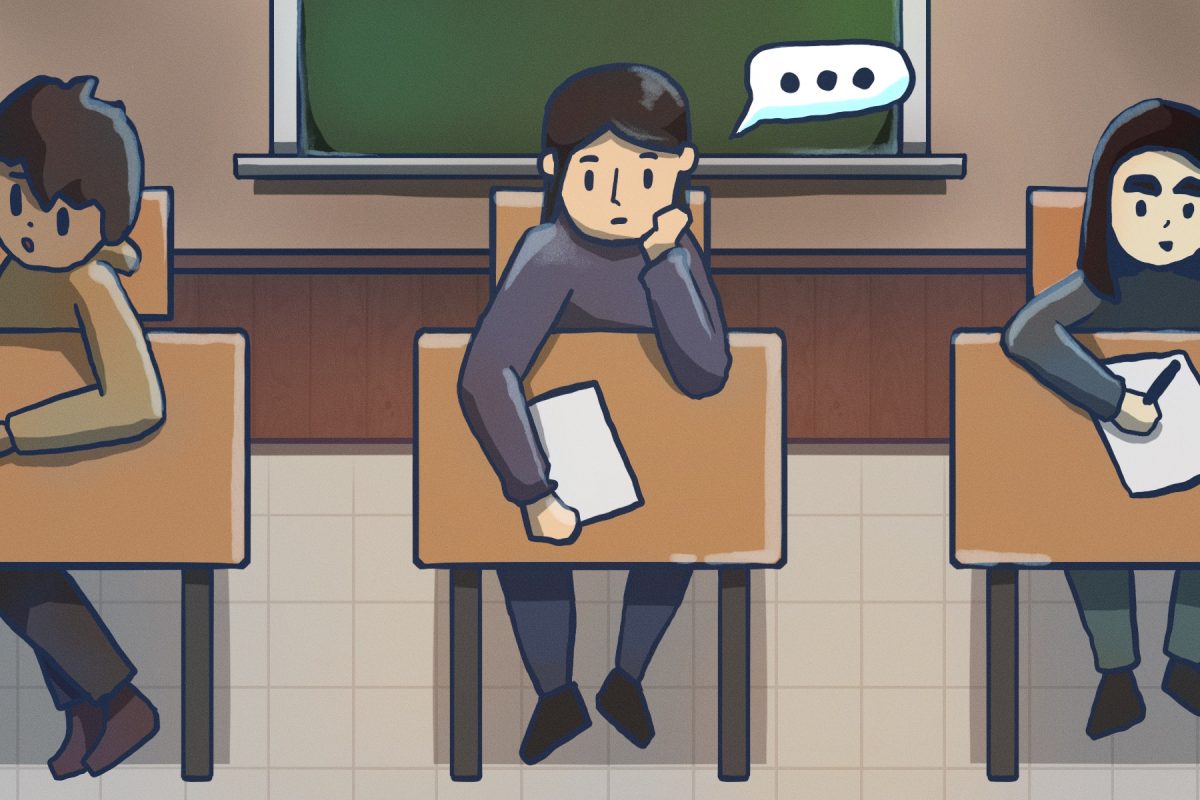The blue and white of Facebook, the bluebird of Twitter, and the camera of Instagram are synonymous with selfies and #tbt. They’re also, however, a medium for public debate on highly controversial issues.
Elizabeth Lauten, communications director for Rep. Stephen Lee Fincher (R-Tenn.), stirred up a lot of controversy when she posted a comment on Facebook attacking the two Obama daughters for their apparent lack of interest at the annual White House turkey pardoning last month.
Lauten wrote: “Dear Sasha and Malia, I get you’re both in those awful teen years, but you’re a part of the First Family, try showing a little class. Rise to the occasion. Act like being in the White House matters to you. Dress like you deserve respect, not a spot at a bar.”
Lauten’s comments created a torrent of backlash not only from political commentators and journalists, but also from regular social media users as well. So much, in fact, that Lauten resigned. While Lauten’s comments were inappropriate, as she herself later admitted, this issue raises an important question: what role does social media play in politics?
According to a 2012 study conducted by the Pew Research Center, one of every five registered voters had let others know how they planned to vote via social media. This is a hefty statistic considering how many voters there are in America.
Another statistic the center found was that 39 percent of American adults took part in some sort of political activity in the context of a social networking site in the 12 months preceding their survey. Political activity included posting thoughts on political issues, belonging to a group that deals with political issues, and following political figures. Looking at these numbers, one should be encouraged about the participation in and expansion of democracy through social media.
The saddening part, though, is that too many of the comments made about politics on social media are just uneducated blather. People often use sites such as Facebook and Twitter as tools for mudslinging. The fact that the conversation is online rather than face-to-face creates a less personal feel that invites people to say whatever they want. The internet creates a “wall of invulnerability” that allows people to avoid serious repercussions.
Much of the criticism hurled at these political figures has nothing to do with the actual political issues themselves, but rather the personal lives of the figures. Certain things should be off-limits when it comes to criticizing politicians. Their children, for one, should never be in the line of fire. How someone looks or speaks should also fall into that category.
When someone posts a comment that stoops so low as to mock a politician’s outfit or facial expressions, it drains that argument of any legitimacy. They don’t have any actual knowledge of an issue so they were forced to comment on the person’s personal choices rather than their political beliefs.
Surely, such a resource as social media can be used for more than just cheap shots. Social media can be useful in politics when used correctly, and that means generating mature and respectful discussion. Comments made through social media can spark huge debates about politics. Many politicians also use sites such as Facebook and Twitter to promote their campaigns.
Another aspect to consider is the younger audience online. With 81 percent of online teens using social media, according to Pew, kids are inevitably exposed to some form of politics online, which can have both a positive and negative effect.
On one hand, viewing and posting comments about politics gets teenagers talking about the government. TV has done its part, with shows like The Daily Show with John Stewart and The Colbert Report with Stephen Colbert combining comedy with politics to present viewers with an informative, if a bit humorous, look at politics. These popular shows have helped generate a growing interest in politics among teens.
Now the internet has to step in. This is where social media could make the largest difference—by acting as an open forum for kids to voice their political views with their peers.
The flipside of the increasing political activity online is the effect seeing Lauten’s comment can have on kids. No teen alive would want to see that comment directed toward them, especially when they apparently did nothing to offend the person making the comment. When kids see comments like Lauten’s, it just leads them more to believe that politics is all about the image.
One aspect that makes America so great is that its people are allowed to openly criticize the government. People on social media should feel free to pass judgment on the government. But have a little respect not only for the person you’re criticizing, but for yourself as well. Social media could play a huge role in the future of politics. Let’s hope it’s for the better, not the worse.


















